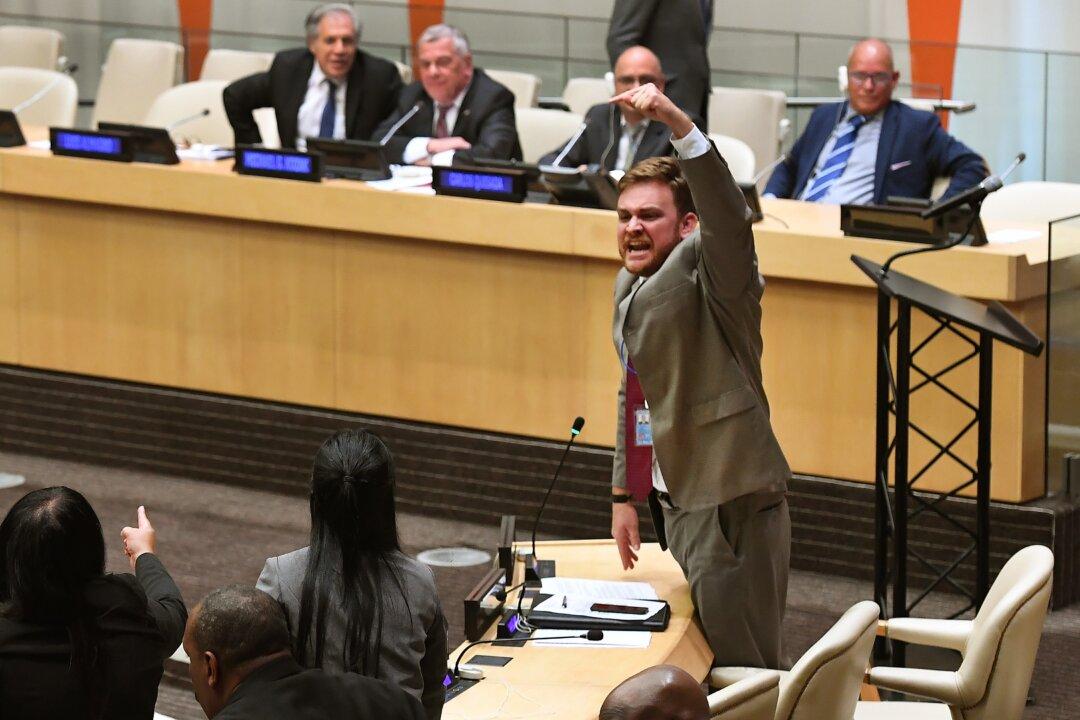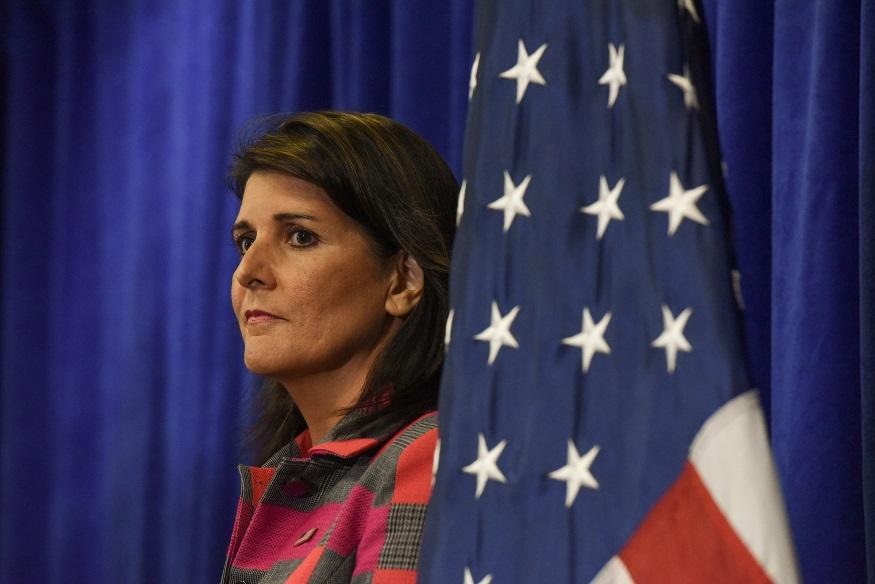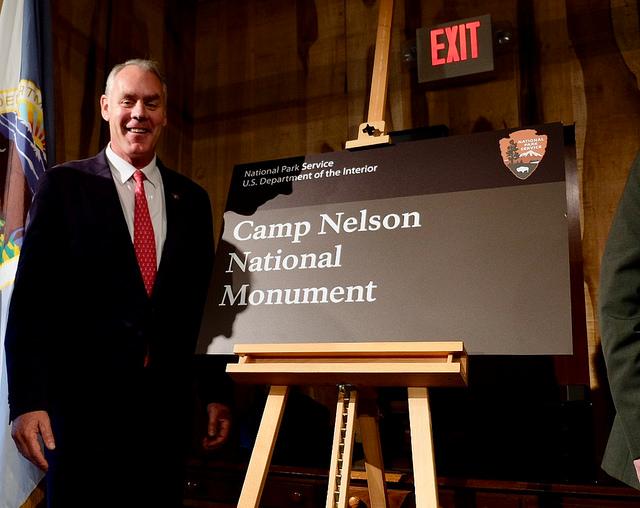It was supposed to be a quiet event at the United Nations to discuss the plight of political prisoners in Cuba. Instead, it turned into an exercise of political protest.
Just 15 seconds into Ambassador Kelley Currie’s opening remarks at the U.N. on Oct. 15, protesters from the Cuban delegation who were seated around the room began to pound on the desks. Then, came the shouting.





